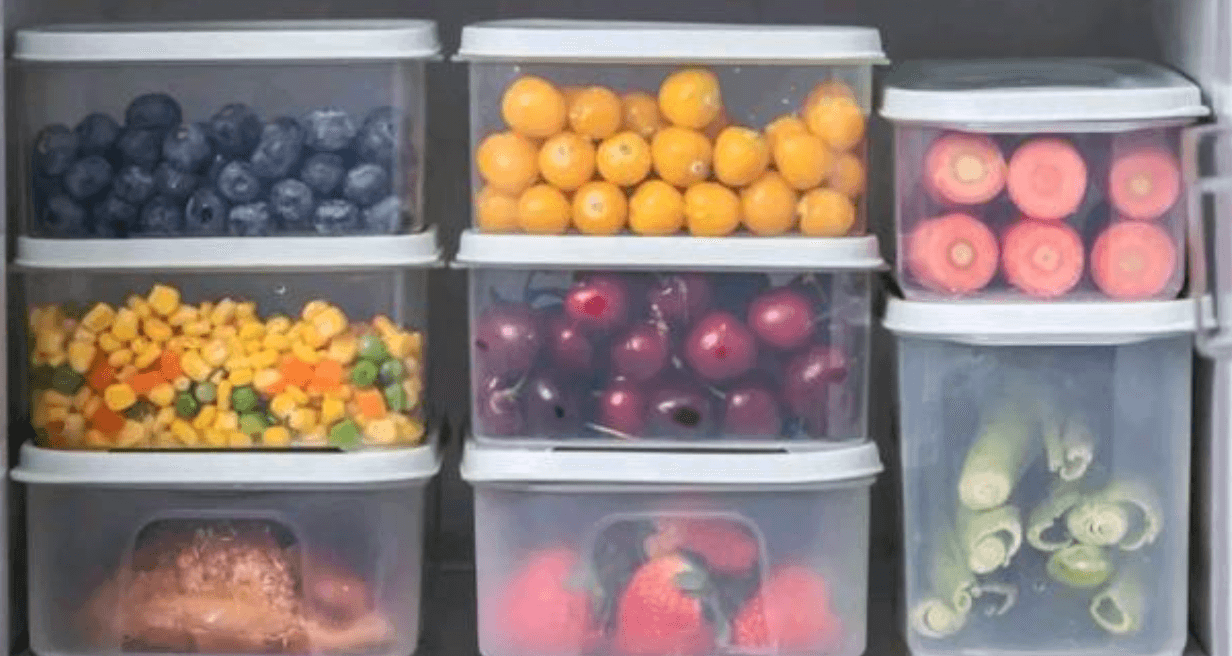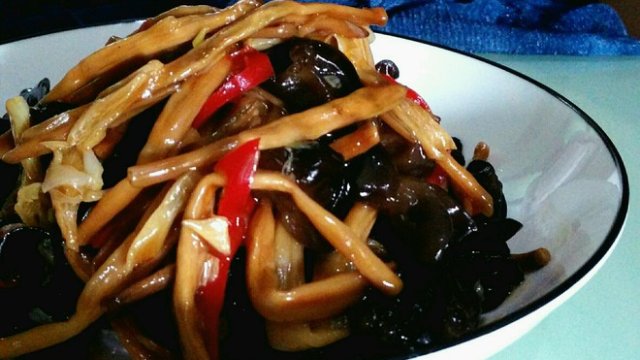
What time do you usually have dinner? Is it 18:00 at night? 20:00? Or after 22:00?
Studies have shown that compared with people who eat dinner at 18:00 at night, people who eat at 22:00 at night have higher blood glucose levels and lower fat consumption. In addition, the peak glucose level of people who eat dinner at 22:00 will increase by about 18%, and the amount of fat they burn overnight will decrease by 10%.
In fact, whether you eat too late or too much dinner, it is harmful to your body, and even can lead to a variety of diseases!
Dinner and disease
1. It is easy to cause obesity
If the patient eats too much at dinner too late, or often has a snack, and the amount of exercise at night is less, it will lead to incomplete digestion and absorption of the human body, excessive metabolism and energy generation, resulting in the continuous accumulation and storage of fat in the abdominal wall.
In the long run, it is easy to lead to obesity, which is the hotbed of many diseases, so it will also increase the risk of diabetes and other diseases.
2. More likely to suffer from fatty liver
If you eat dinner late, the metabolic rate of your body will decline and the ways to consume energy will be reduced at night. Fat is easy to accumulate in your body, which makes it easier to form fatty liver.

3. Increased risk of stones
4-5 hours after a meal is the peak time for calcium excretion. If you eat too late at dinner, you will have fallen asleep when the peak time for calcium excretion comes. A large amount of calcium will be deposited in the urine, which is easy to form urinary stones over time.
4. Not conducive to gastrointestinal health
If you eat dinner too late, you will have irregular diet for a long time, which will also increase the probability of suffering from digestive system diseases.
Because dinner is late, people will have a rest soon after eating, which leads to insufficient digestion of food in the body. If food is not fully digested, the gastrointestinal system will have to work overtime, increasing the burden on the digestive system. Over time, people's gastrointestinal function will weaken, which is likely to lead to gastrointestinal diseases.
5. Abnormal glucose and lipid metabolism
10 hours after dinner, the level of fatty acids in the blood can return to the fasting state. If you eat dinner late, it will cause blood sugar and blood lipid before eating the next morning. If you haven't had time to return to the fasting state, it will be superimposed with the blood sugar rise caused by breakfast the next day, which is easy to cause abnormal glucose and lipid metabolism.
6. Easily increase the risk of cardiovascular disease
Studies have shown that the diastolic blood pressure of people who eat more after 8 p.m. increases significantly.
Therefore, dinner should be eaten early, and the proportion of food calories consumed by dinner in the whole day should be reduced, which can reduce the risk of heart disease.
7. Easily affect sleep
If the dinner is too late or too rich, greasy or too much, the emptying time in the stomach will be prolonged.
Moreover, the nervous work of stomach, intestine, liver, gallbladder, pancreas and other organs after meals will also send information to the brain, causing brain activity and spreading to other parts of the cerebral cortex, resulting in restlessness at night and inability to sleep well.

Best time for dinner
From the perspective of endocrinology and digestion, the best time to eat dinner is 17:00-19:00, preferably not later than 7:00 p.m.
If your time does not allow, you should not eat dinner too close to the sleeping time. It is better to stay 2-3 hours away from sleep (generally, sleep at night does not exceed 23:00). At the same time, the later you eat, the less you will eat for dinner.
How to Have a Good Dinner
1. Only seven percent full for dinner
Seven percent full means that the stomach has not felt full yet, but the enthusiasm for food has declined, and the speed of taking the initiative to eat will also be significantly slower, but sometimes the habit is to continue eating.
So you can chew the dinner slowly, eat it slowly, chew the food more finely, which is more conducive to digestion, and also gives the body a reaction time, so that the body can feel full.
2. Vegetables: meat: rice=2:1:1
Vegetables here do not include starch vegetables such as potatoes and yams. Meat can be replaced with bean products (such as tofu, dried beans, etc.) and seafood. Rice represents all starch foods, such as cereals, rice, sweet potatoes, etc.
If you don't eat enough vegetables for breakfast and lunch, the proportion of vegetables, meat and rice for dinner can be increased to 3:1:1.
Eating more vegetables can effectively control calories, increase satiety and prevent excessive intake of calories.

3. After dinner, walk downstairs for 30 minutes
It's better to walk downstairs for 30 minutes after supper, which can not only consume a small part of calories, but also increase the absorption of glucose by muscle cells from the blood, thus controlling blood sugar.
4. Have a bad stomach and do not eat within 3 hours before going to bed
After the food enters the gastrointestinal tract, it reaches the absorption peak within 1-2 hours, and can be completely emptied within about 4 hours.
Therefore, it is better to stop eating 3 hours before going to bed to prevent gastroesophageal reflux (commonly known as heartburn).
Popular Articles
-
Fitness Equipment | How to choose a suitable for their own yoga mat?

-
 Home storage tips ---- hidden storage
Home storage tips ---- hidden storageMay 20, 2025
-
 These "home essential" recommended good things, small objects of great use!
These "home essential" recommended good things, small objects of great use!May 20, 2025
-
 The world's most clean animal
The world's most clean animalMay 20, 2025
-

Photos
The world's most beautiful big cities at nightMay 20, 2025
-
 Nourishing Blood and Staying Beauty, Strengthening Brain and Resisting Senility | Fried Black Fungus with Day lily
Nourishing Blood and Staying Beauty, Strengthening Brain and Resisting Senility | Fried Black Fungus with Day lilyMay 20, 2025







Comments
0